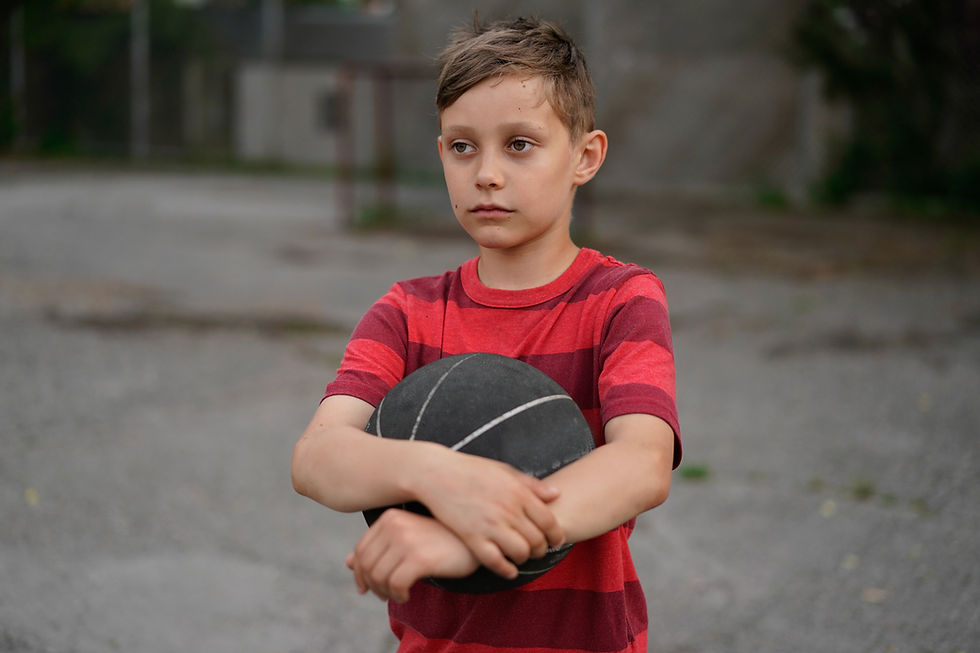THE PARENTING ROLLER COASTER
- adinalisw

- Jun 23, 2022
- 3 min read
“Not now, honey, I have work to do. You want what? Fine, whatever. As long as it won’t make too much of a mess. Huh? No, sweetie, I can’t play with you now. Yes, it’s a beautiful picture. Of course I looked at it. I love you too. Ahhhhh!”
Parenting is one of the most complex relationships possible, full of myriad rewards and challenges. We do our best without that illusive instruction book. We work hard to keep our children safe, to make sure they’re happy and successful.
Juggling multiple commitments, we eventually get them potty trained and riding a bike without training wheels. We sometimes even succeed in helping them handle their feelings, feel good about themselves, and get along with others. Then just when we think we have a handle on things, they grow and change!
“Stay a minute and talk to me honey. I barely ever see you any more. Where are you going? Who are you going with? I know you’re not a baby any more. I guess you’re entitled to your privacy. Can you be home by 9? It’s a school night, you know. Yes, I know you need time to chill out. Fine then, come home as soon as you can.”
Keeping them safe feels like more of a challenge as our kids get older. It seems easier to pull a toddler away from an oncoming car then keeping our preteens away from potential risks. I often fantasized about wrapping my twins in a protective bubble whenever they left the house. I eventually realized that they probably would run into problems and make mistakes, but I could help them if they did so when they were still under my watch.
I learned to stop and listen during the brief moments they wanted to talk, offering them different perspectives to consider rather than expecting them to just agree with my sage advice. I tried to encourage them to compromise, to let go of their certainty that despite their limited life experience and maturity, they were always right!
I tried to offer inspiration by sharing my career and interests, rather than doing so as a prescription for their futures. Despite my hopes for them, I attempted to encourage their interests, supporting their choices even when they weren’t mine
“I’m glad you’re planning on going to that college fair tonight. Remember to speak to all the schools with the highest rated pre-med programs. What do you mean you’re considering other possibilities? Your heart may be in working with animals, but…Yes, I know you’ll be the one doing all the work, but what about our plans of becoming a doctor?!”
I learned the importance of choosing my battles. When I was overly concerned with every infraction, I wasn’t able to see and acknowledge what they’re doing right. I tried to remember that whatever was encouraged, was increased.
“What’s up with you? Your room is a pig sty Why can’t you keep it looking decent? You need to be more responsible. Well, yes, you do have straight A’s. But your room… Yes, I know you’re on the student council. But what about… Hey, wait, where are you going?”
Sometimes, when we think we are parenting our children out of problems, we are actually inadvertently parenting them into problems. In the next scenario which, as a therapist, I have seen played out, our children learn to assume that we will always be around to make things okay, no matter what they do. We have to ask ourselves if this message leads to young adults who make the best choices.
“Officer, she’s really a good girl. She didn’t mean to go that fast, it just happened. Let her off with a warning this time. Come on, I’ll vouch for her. Thanks. Sweetie, we need to talk. Wait, where is she? Hey, where did she go so fast….”
Even though I wanted my children to enjoy spending time with me, I knew that my most important role was to be their parent, not their friend. That meant setting clear expectations, allowing them to experience the negative consequences of their actions, no matter how hard that was for me, and expecting them to earn my trust based on their actions, not their sometimes empty promises.
While difficult, we may have to let go of their comments such as “you don’t trust me, you don’t understand, you’re not fair”. We may have to accept that they will think we don’t know anything and that they might not like us sometimes. As our children get older and show us that they are more trustworthy and responsible, we can increase their freedom and give them more room. As they and our relationship grows, they will realize that we do actually know some things, they may choose to spend more time with us, and if we are lucky, they may even offer us an occasional hug and a thank-you!









Comments